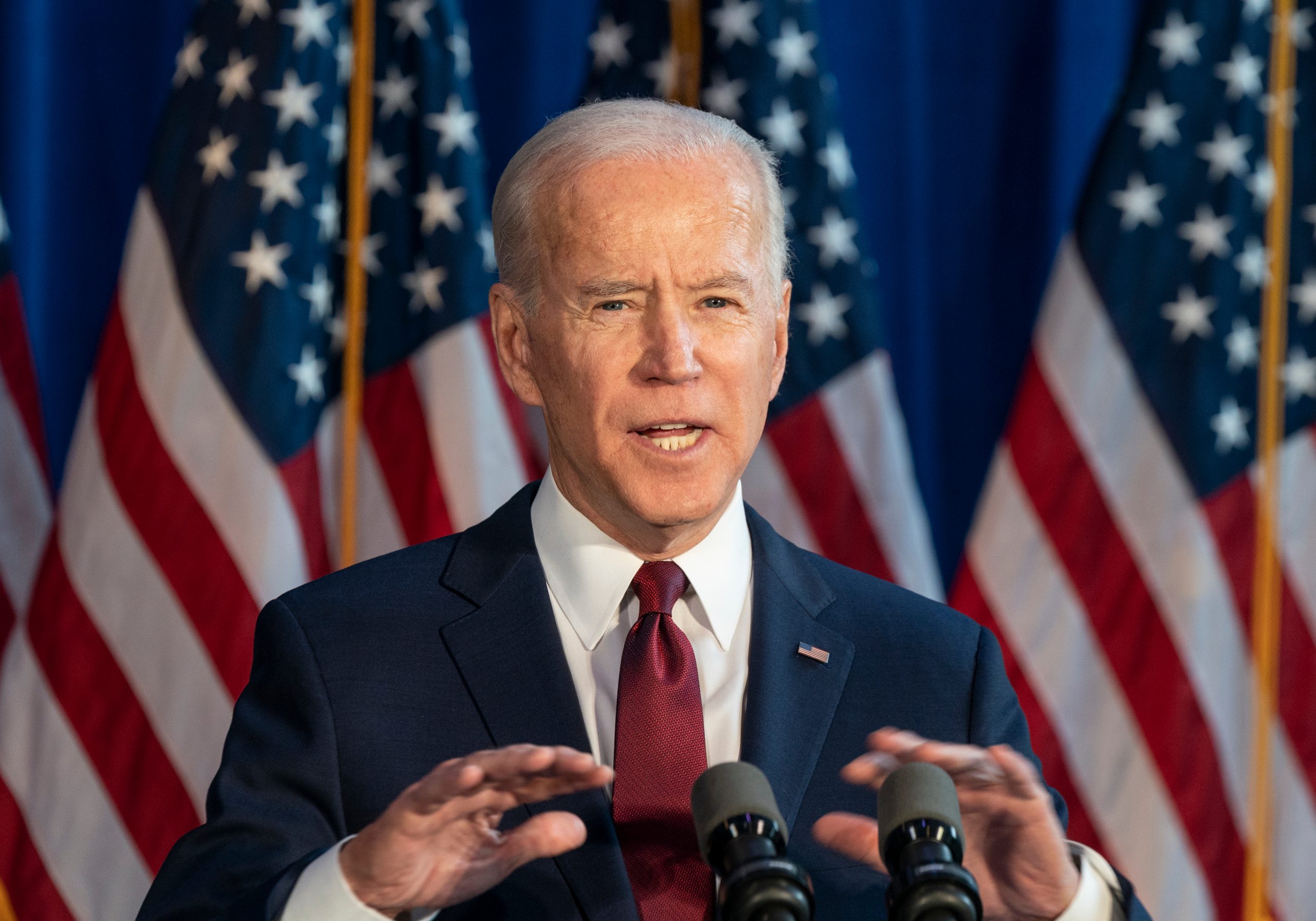SCOTUS NEWS
Biden court-reform commissioners remain divided

on Oct 17, 2021 at 7:40 pm

Disjunction and disagreement dominated the Presidential Commission on the Supreme Court’s day-long public meeting Friday.
The commission, formed by executive order in April, is tasked with writing a report by mid-November on the contemporary debate over the role and operation of the Supreme Court. The members met on Friday to discuss more than 200 pages of draft materials that summarized arguments for and against various reform proposals.
On the most contentious proposal – adding more justices to the court – the draft indicated that “commissioners are divided.” “The risks of court expansion are considerable,” the draft said, “including that it could undermine the very goal of some of its proponents of restoring the court’s legitimacy.”
The draft presented a rosier view of limiting the number of years that a justice can serve on the court. That proposal, the draft said, has “the most widespread and bipartisan support.” But President Joe Biden quickly threw cold water on the idea on Friday evening. Asked if he supports term limits for the Supreme Court, he answered with a single word: “No.”
The draft chapters, released Thursday, were created by working groups on the topics of court expansion, term limits, the court’s jurisdiction, and transparency and the shadow docket. The full commission spent an hour critiquing each chapter during the livestreamed meeting.
Throughout the day, co-chair Bob Bauer, a law professor at New York University who served as President Barack Obama’s White House counsel, repeatedly reminded members and the public that the commission had not been charged with making recommendations. The ideas presented, he said, did not reflect the views of the commission. But no consensus was reached in the meeting over the goal of the report. Nor could the commissioners even agree about the underlying conditions that produced the court-reform debate.
Some members worried that the draft itself would contribute to destroying norms. “I think this draft goes much farther in a dangerous direction than it should,” William Baude, a law professor at the University of Chicago, said. He argued that the draft should be edited to take a strong stance opposing court expansion.
Others sharply disagreed. The draft, Laurence Tribe of Harvard University said, “create the impression that, although enlarging the court is a possibility, the arguments for it are swamped by the arguments against.”
The draft drew no conclusions about whether the court’s legitimacy or independence are in crisis. The apparent deference to the status quo frustrated some liberals, who believe the court needs to be rebalanced in light of the 6-3 conservative majority that resulted from Republicans holding a vacancy open in 2016 under Obama but rapidly filling another vacancy in 2020 under President Donald Trump.
Sherrilyn Ifill, the president of the NAACP Legal Defense and Education Fund, pointed out that the very structure of the draft, in which reform ideas are set up and then followed by reasons against, suggested the commission prefers no reform. The dominant idea was that change would produce a crisis of legitimacy, rather than respond to one.
Composed mostly of legal scholars and former judges, the commission at times debated on purely theoretical terms. Liberal members pushed for a practical response, arguing, as Tribe did, that this is a “break the glass moment” for our democracy. “It is not just a question of the style of a report,” he said. “It is a question of the survival of what we care most about.”
The draft materials will be edited and released as a final report to Biden by Nov. 14. The public is urged to submit comments to the commission by Nov. 1.


